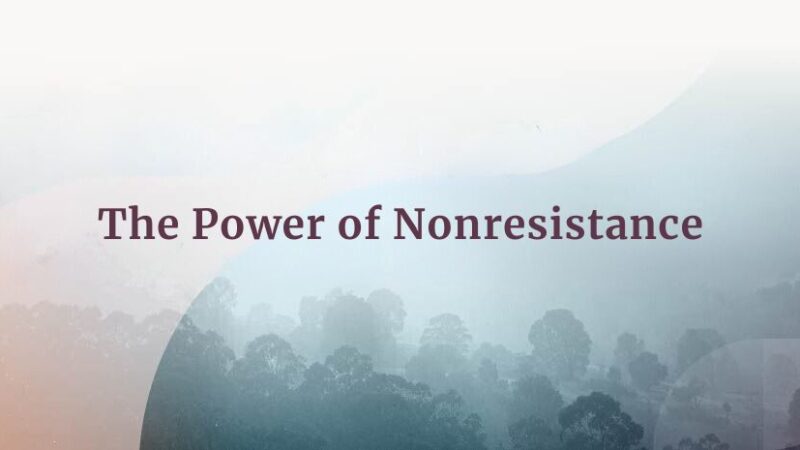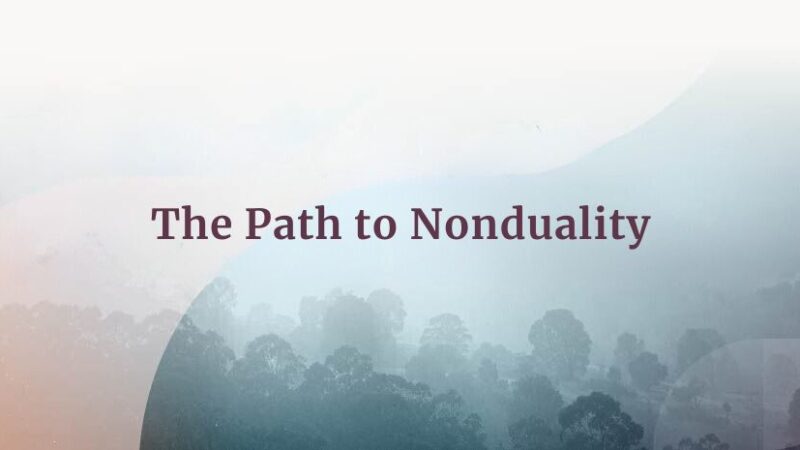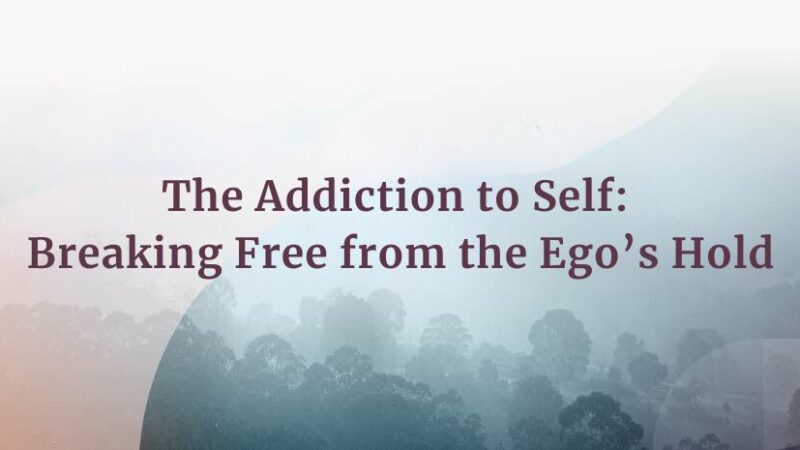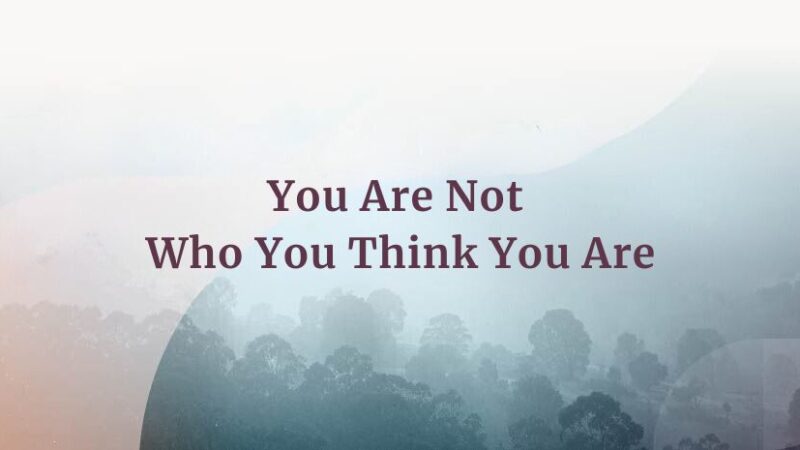More and more people are waking up to the very real dangers that humanity is facing as a result of a declining honeybee population. Yet as we join the refrain, “Save the bees!” Michelle Cassandra Johnson and Amy Burtaine pose a profound and extraordinary question: What if it’s the bees who are trying to save us?
In this eye-opening conversation with the coauthors of the new book The Wisdom of the Hive, Tami Simon speaks with Michelle and Amy about bees as psychopomps who come to us with guidance; the spiritual lineage of bee priestesses; sustainability and respect in bee tending; hive consciousness and the concept of the superorganism; bees as an indicator species and the consequences of colony collapse for humanity; tending bees in a way that aligns with how they want to live; experiencing the power of the hum; the healing properties of the hive; how opening a jar of honey can turn into a shamanic journey; the waggle dance; the adaptability of bees and the various roles they play over their lifespan; the queen and her brilliance; becoming less fearful of bees (and what to do when one lands on you!); bees as a model of faith and trust; the question bees have for each one of us: What is the medicine I can offer?; how bees demonstrate gratitude, contentment, and equanimity; the swarm; meaning, connection, creativity, and contribution; the polarity of the dark and the light; the gift of “a box of sweetness”; why “the more you give away, the more you have.”
Note: This episode originally aired on Sounds True One, where these special episodes of Insights at the Edge are available to watch live on video and with exclusive access to Q&As with our guests. Learn more at join.soundstrue.com.






